Tuesday, February 24, 2015
In a recent 2-part post (Part 1, Part 2), we introduced you to Professor Dov Pasternak, a renowned agricultural scientist and father of the Farmers of the Future program. His insights and leadership have created exciting new opportunities for thousands of African farmers trapped in poverty. In these next 2 posts we'll take a look at what the farmers are actually growing thanks to Dov's remarkable work.
The “Pomme du Sahel”, French for “Apple of the Sahel”, is a fruit invented and named by Dov himself. The Pomme du Sahel is a variant of the jujube, a small fruit produced by the Ziziphus tree. If anyone has tried a jujube before, you know it is not easy to eat. As a matter of fact, Africans from the Sahel region think the jujube is really just goat food.
Combining two different strains of jujube-producing Ziziphus trees, Dov created something unique and valuable. He married the tissues of the Ziziphus tree native to the Sahel region with its Indian cousin, creating a new tree producing large, sweet jujube fruit high in vitamin A and C, but resilient enough to withstand the harsh climate of Niger. Pomme du Sahel is a perfect cash crop for farmers in Niger and across the African Sahel.
How did Dov come up with the name? Well, apples are a highly sought after fruit, and are seen as exotic in the desert region. To ensure his new fruit would not suffer from negative perceptions of the traditional Jujube, Dov named it the "Apple of the Sahel." Pomme du Sahel is hugely popular in Niger and is quickly expanding to new markets. But what does this all mean?
It means that Africans living in this region are enjoying a new, tasty, nutritious, and affordable locally-grown fruit. And local farmers have an opportunity to enter a budding new market. Over a ten-year span, nurseries that Dov constructed have produced and sold 700,000 fruit trees. Many of those 700,000 trees are Pomme du Sahel. Each tree can produce 20 kilograms of fruit per year that sell for USD $1 per kilogram. A small orchard of Pomme du Sahel can be a life-changer for farmers looking for a profitable crop.
How interesting is it that Dov has his own fruit? Do you see opportunities for Pomme du Sahel in other places? Share your thoughts below!

